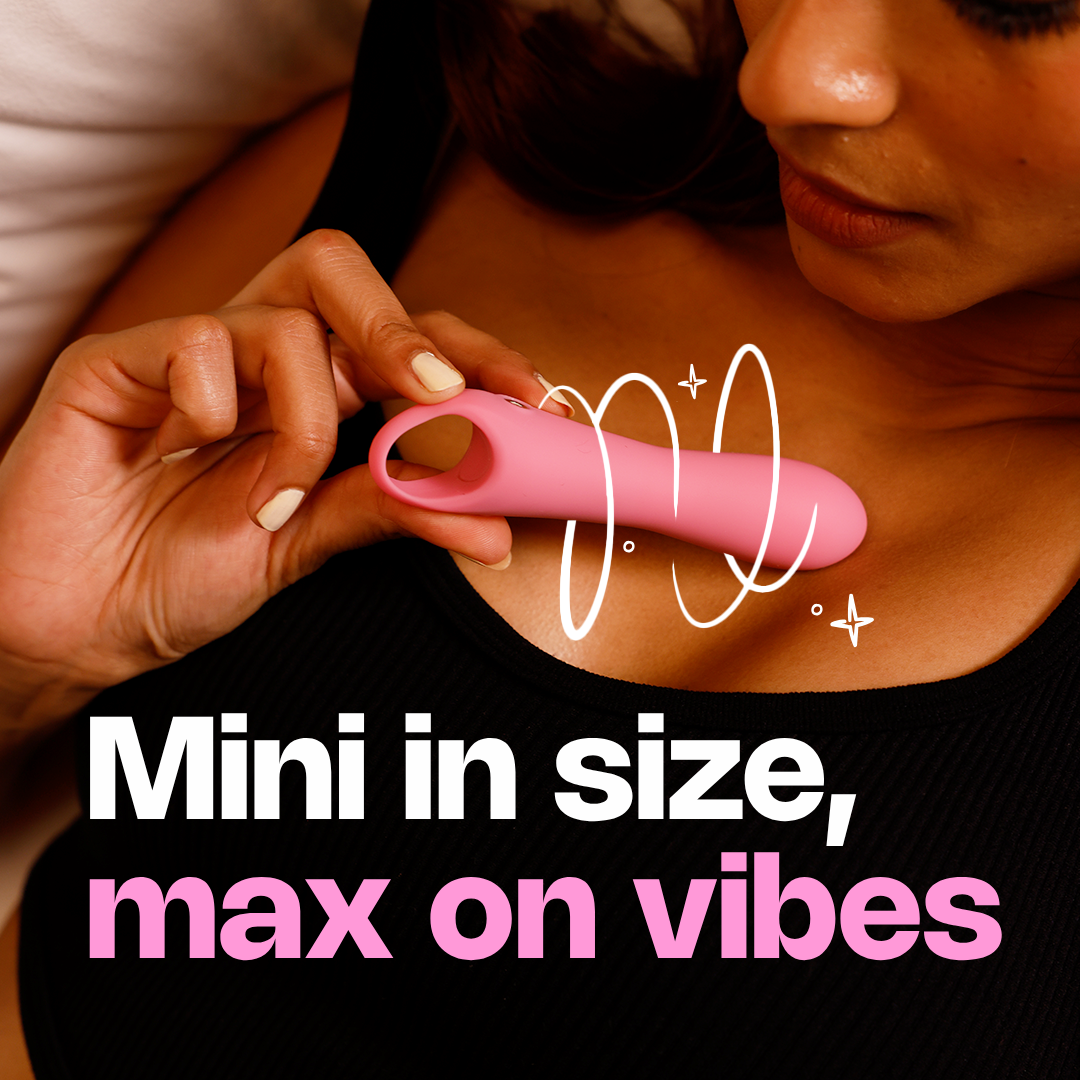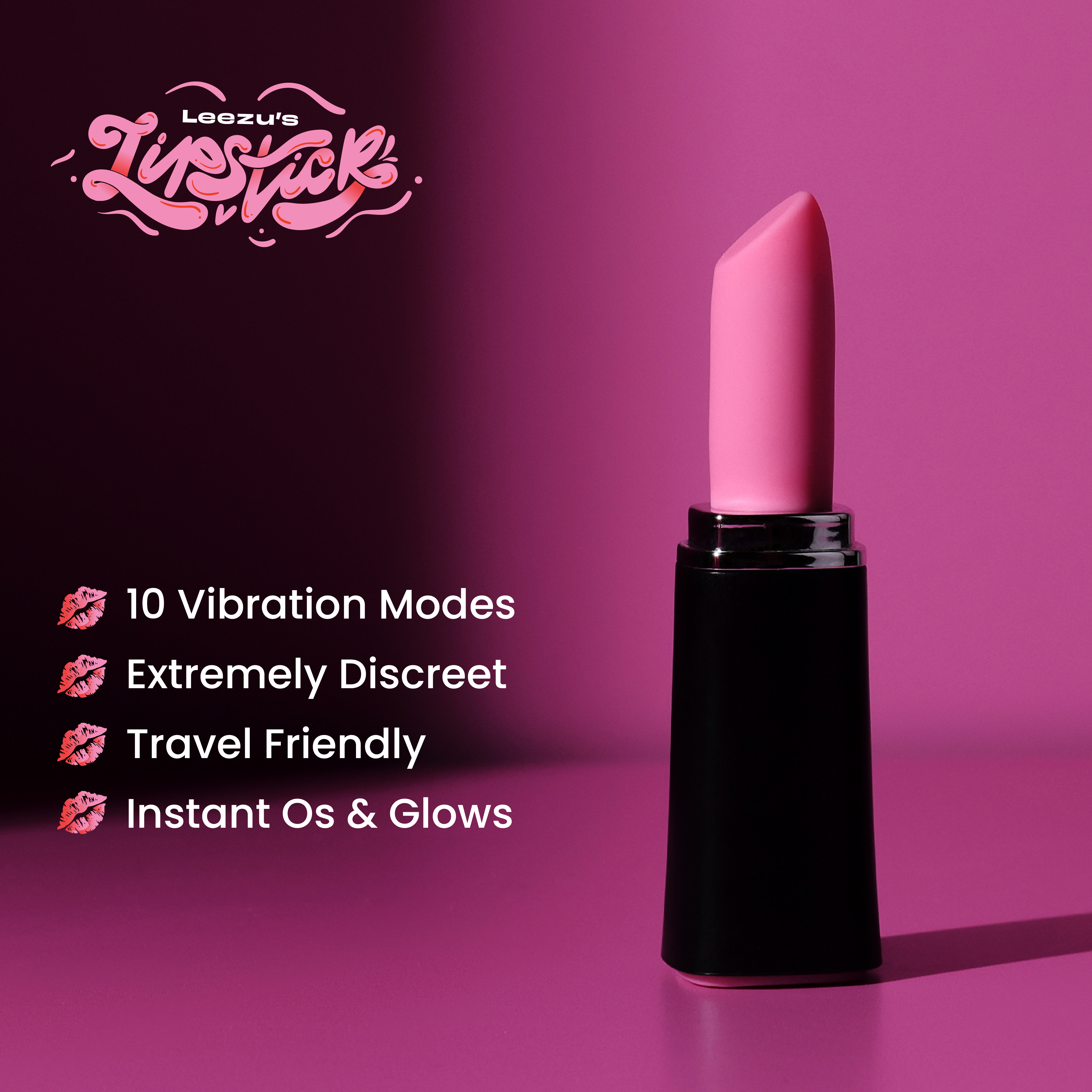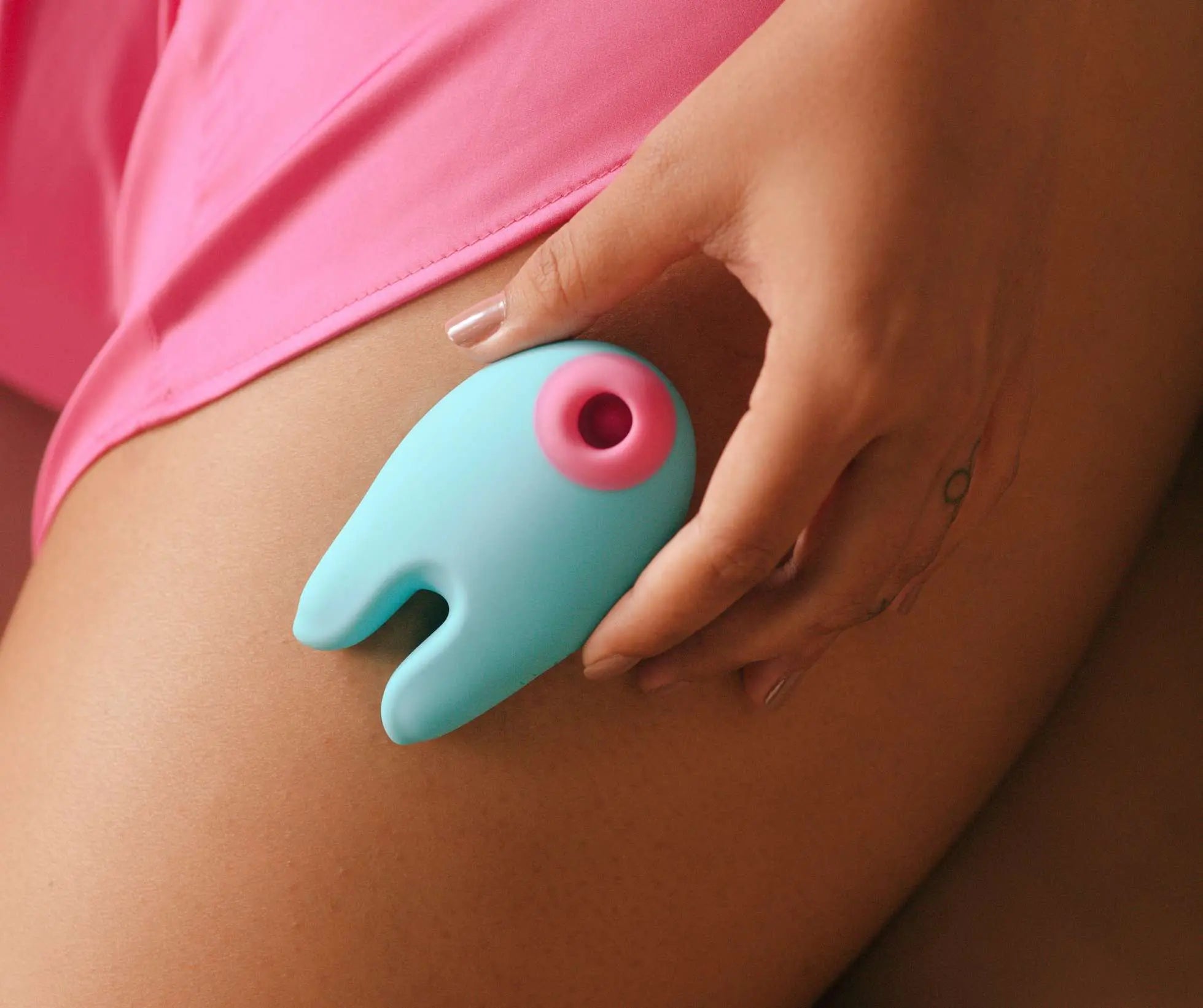And sure, sometimes, we can feel a little awkward when we fumble up a particular movement or fail at coming up with the perfect seductive line. But for some of us, that’s part of the fun.

For some, however, the perception of sex itself is fraught with fear and anxiety. In the middle of the act, some of us may find ourselves in a feedback loop of negative thoughts about anything and everything — from our physical appearance to our sexual prowess and our partner's perceived levels of satisfaction. If performance anxiety takes the reins and throws your sexual encounters off course by making you fixate on every little thing you were and weren’t doing “right” in the bedroom, this article is for you. And right of the bat, know that you are not alone. Performance anxiety in bed is much more common than you think.
As its name suggests, Sexual Performance Anxiety (SPA) refers to feelings of worry and fear when participating in or envisioning sexual activity. People who experience sexual performance anxiety typically find themselves in a debilitating loop of worrying about their performance and then experiencing sexual difficulties as a result of those very feelings of anxiety. This then further magnifies their fears of not being able to “perform” and fuels their anxiety around the idea of sex.
The effects of performance anxiety during intercourse can vary between men and women. For men, symptoms are often more overt. Along with decreased levels of sexual arousal, performance anxiety in bed can result in issues with sexual function such as difficulty getting an erection or experiencing ejaculation, or finishing much sooner than one would like. Given how society and pop culture construct a man's status as “a masculine man” as if it hinges on his “performance” in the bedroom, and how big and hard his erections are and how long he lasts, such issues in turn tend to further amplify feelings of anxiety and inadequacy.
In contrast, female performance anxiety often manifests in sexual arousal difficulties, discomfort or pain during sex, and anorgasmia (difficulty orgasming). Similar to men, the “failure to perform” and feel pleasure in the bedroom, in accordance with societal and self-imposed expectations, also feeds the negative feedback loop in women that makes escaping performance anxiety during intercourse so challenging.
What causes all this anxiety?
Understanding what SPA is and the impact it can have is relatively easy. What’s difficult is unpacking the possible causes or influences that result in this heightened state of anxiety in the bedroom.

Pornography and sex scenes in movies and TV shows have exposed most of us to highly unrealistic representations of sex — between the acrobatics and the bombastic displays of athleticism, the obsession with "perfection” in bed is unhealthy, but not surprising. When performances are all you are shown, of course, you start to view sex as a performance and not a fun one. As such, it is not an improbable jump for a person to go from a present participant to a disassociated performer during sex when intrusive thoughts and anxiety take over.
Add to that the hyper-unrealistic and constantly fluctuating standards of beauty (for both men and women), and you have a real problem on your hands. Our bodies naturally have rolls and curves, taut bits and saggy bits, but we are encouraged to aspire to an airbrushed Barbie doll ideal— as if that’s even possible. In an act like sex, where your body is bending and curving, and you have no control over the “right angles” and the perfect facial expressions, these standards come to bite you in the ass. Because all it takes is one little nudge, and suddenly you're caught in a self-deprecating spiral about your body and how you look in the middle of cowgirl! That spiral is hard to break on a good day. Let alone when you’re naked and vulnerable in another's presence.
Of course, none of this precludes general anxiety about life and one’s present circumstances, which can rise from the shadowy depths of your subconscious at any given time. Anxiety is, after all, one of the most common mental health challenges faced by people today, and experiencing a spike in bed is not out of the ordinary. Social anxiety and sexuality are very interlinked with one another. It only takes one thought, and suddenly you're totally off your game.
How does one overcome sexual performance anxiety in bed?
At this point, it’s probably important to emphasize that if you are currently experiencing performance anxiety in bed, you are not the only one, and there is nothing “wrong” with you. While there isn’t one straightforward “cure” for getting over performance anxiety in bed, there are avenues you can take to ease these feelings and learn how to rebuild a healthy relationship with sex.
1. Communicate communicate communicate
If you’re experiencing performance anxiety in bed, chances are your partner is being impacted as well. So an obvious first step is to talk to the person you share your bed with. Opening up the space for conversation, honesty, and vulnerability can help both you and your partner understand what is causing anxiety and sexuality to be so intertwined in your life and work out sustainable solutions together.
2. Therapy
Seeking out the help of a therapist is one of the best steps you can take to overcome performance anxiety during intercourse. While the most common form of therapy suggested for this sort of work is Cognitive Behavioural Therapy, finding a therapist you like and trust is probably a good start. After all, this is a professional trained to help you work through and understand the underlying cause of your anxiety, and greater understanding is the key to potentially identifying the best solution for you.
3. Take the pressure off
Simply put, if the thought of having sex isn’t a “hell yes!” for you, don’t feel like you have to do it anyway. If a sense of duty or expectations associated with sex are too overwhelming or the sex you’re having is not fulfilling and enjoyable for you, chances are you’ll get lost in your thoughts and experience a spike in your anxiety. It’s okay to take sex off the table until you feel ready for it, so that when you do have it, it’s because you and your partner actively want to have sex — not out of duty, but out of the sheer joy of experiencing pleasure together.
4. Rediscover touch
For many couples, the progression from initiating sex goes from zero to penetration, with far too little time and touch spent simply building arousal and relaxation and connection together. With such little time to build up to desire it’s no surprise that intercourse can feel incredibly disconnected. Think of it like shifting gears in a car — you can’t shift straight from first gear to fifth. So slow down. Kiss, caress, hold, tickle, massage…explore the spectrum of affectionate and sensual touches, without the expectation of penetrative sex, to ease performance anxiety in bed, connect with your partner, and build intimacy, relaxation, desire, and arousal.
5. Redefine sex
Consciously or subconsciously, how we define an act often influences how we partake in said act. The same often holds true when it comes to sex. Most individuals tend to prescribe to the heteronormative definition of sex, one which privileges penetration above all other acts. This is problematic for multiple reasons but makes life especially difficult for those experiencing performance anxiety during intercourse.
Just think about the pressure a man feels when it comes to getting hard, let alone staying aroused for long enough, or the pressure a woman feels to orgasm solely through penetration! It’s understandably nerve-wracking. Which is why redefining the act can be so liberating. Change up your definition and bring sex back to the basics. It’s about pleasure and intimacy, and both can be achieved in a variety of fun and creative ways, none of which have to start and end with penetration.

Inevitably, however, anxiety when it comes to sex is an almost universal experience. While it does not manifest as severely for everybody, it is something all of us can relate to. Our hope now is that you, our dear readers, embrace the knowledge contained within this comprehensive guide and go on to approach conversations around anxiety and sexuality with compassion, kindness, and understanding — both towards oneself if you are experiencing it and towards others, should they come forward looking for support.

 Zubaan
Zubaan
 Peaché
Peaché
 Dilbar
Dilbar
 Power Rings
Power Rings
 Jaaneman
Jaaneman
 Sultaan
Sultaan
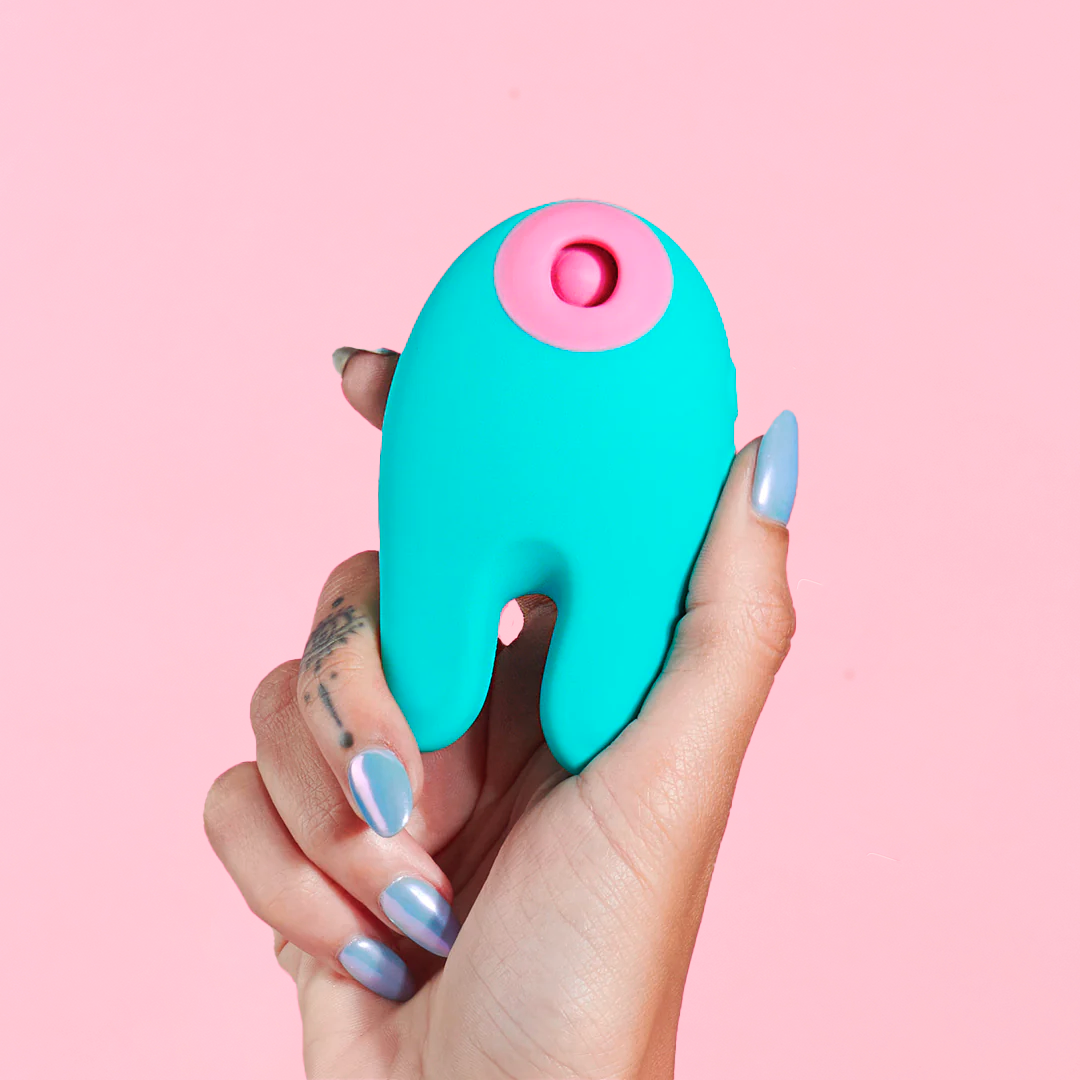 Pyaari
Pyaari
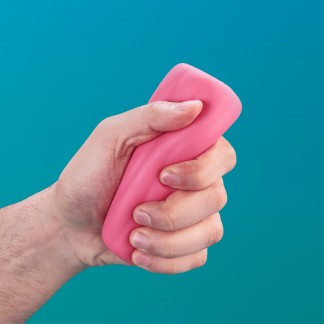 Toofaan Intense
Toofaan Intense
 Lipstick
Lipstick
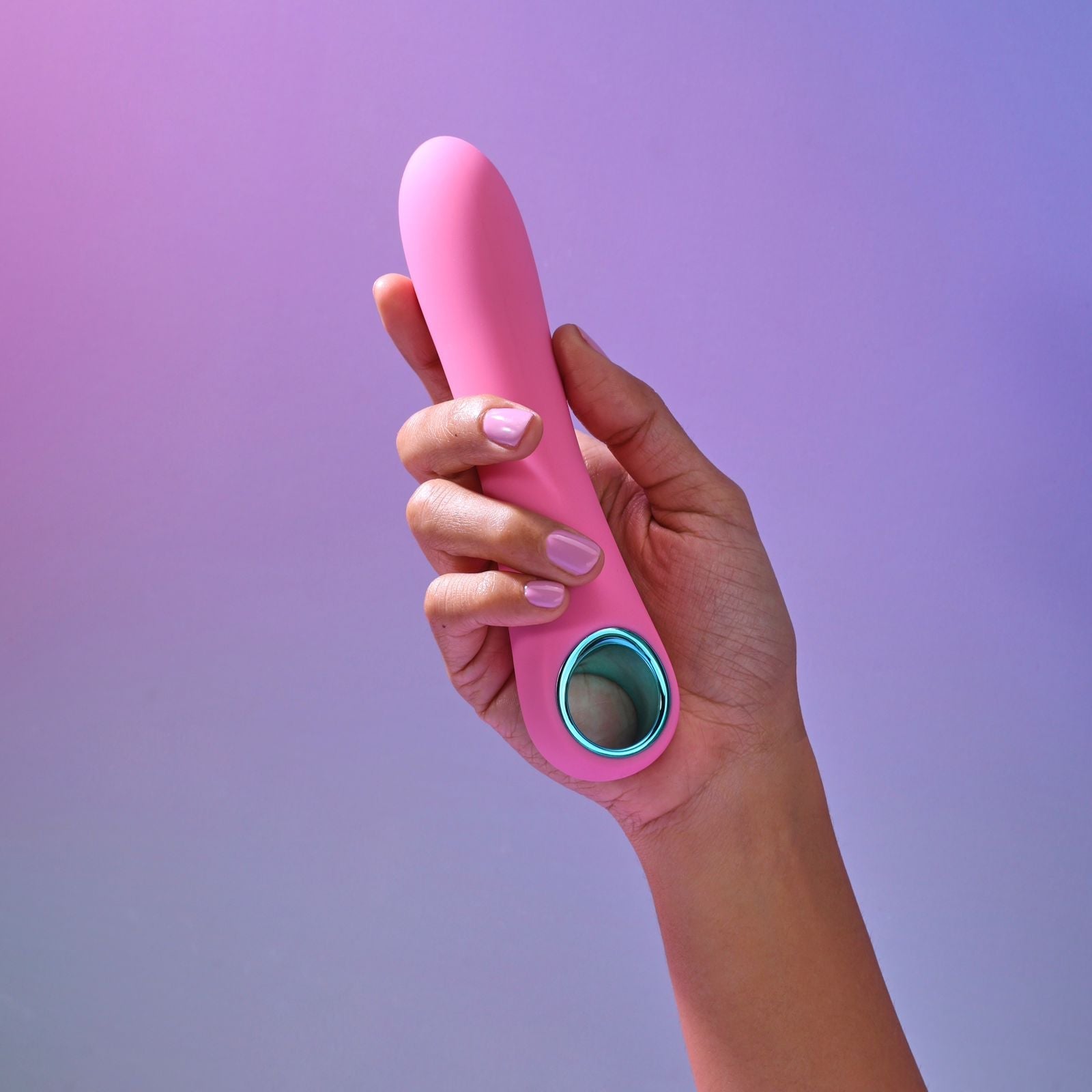 Jaadugar
Jaadugar
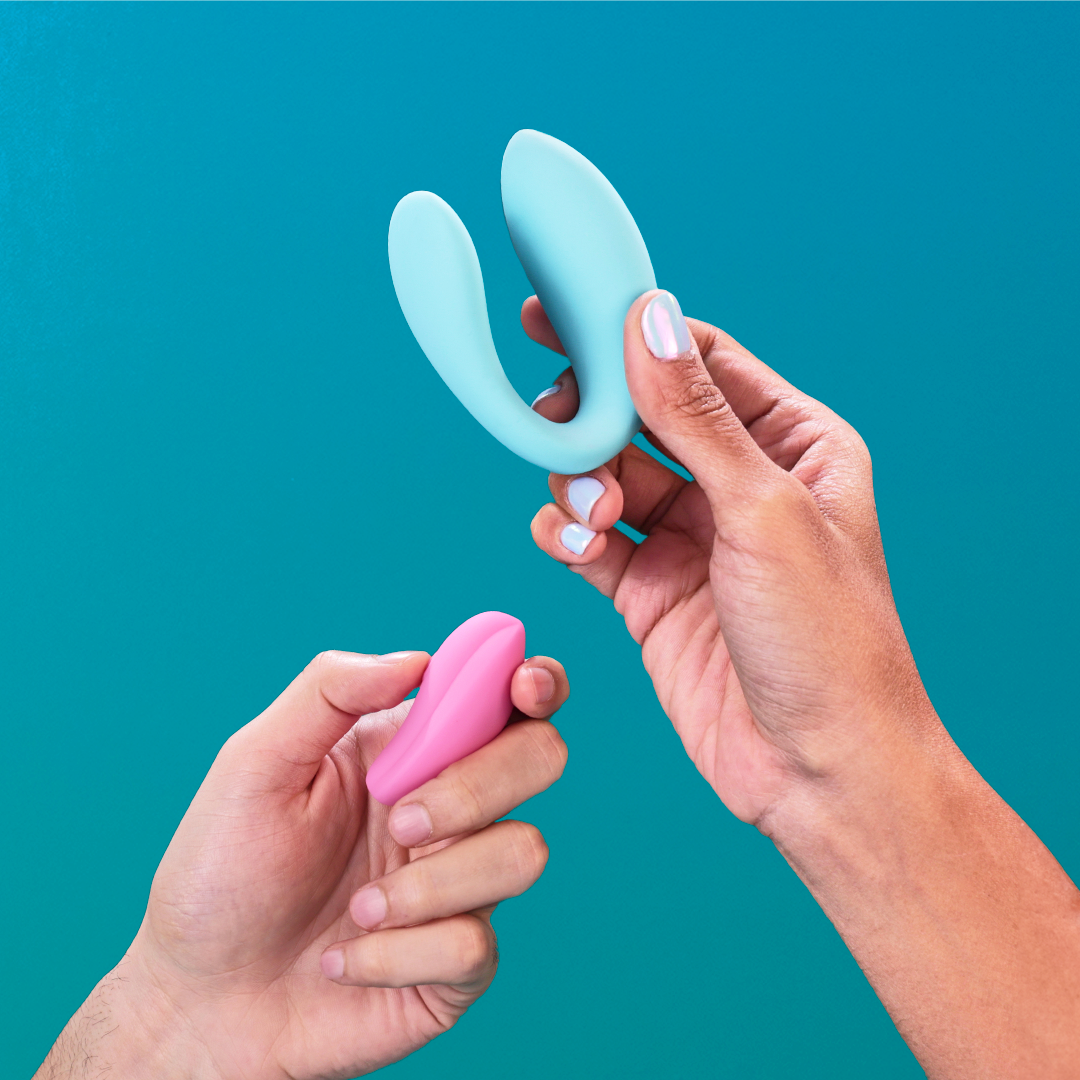 Natkhat
Natkhat
 FAQs
FAQs
 Track Your Order
Track Your Order
 About Us
About Us






